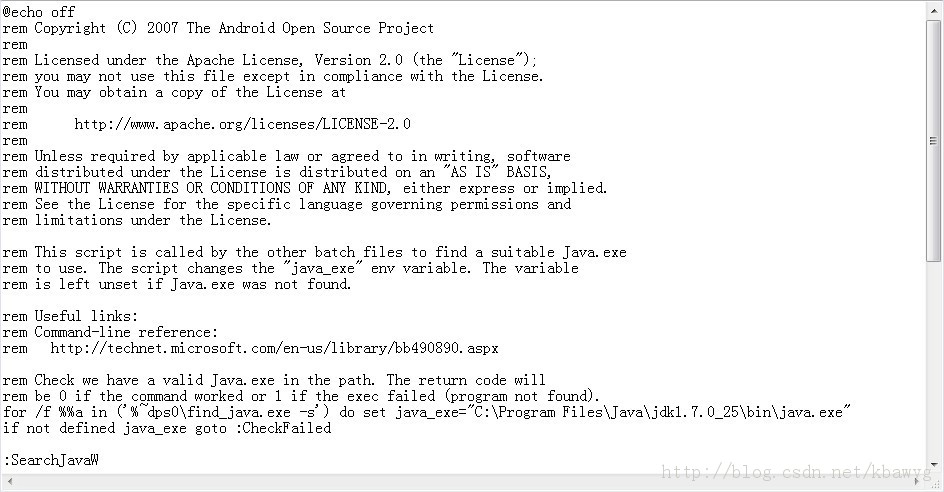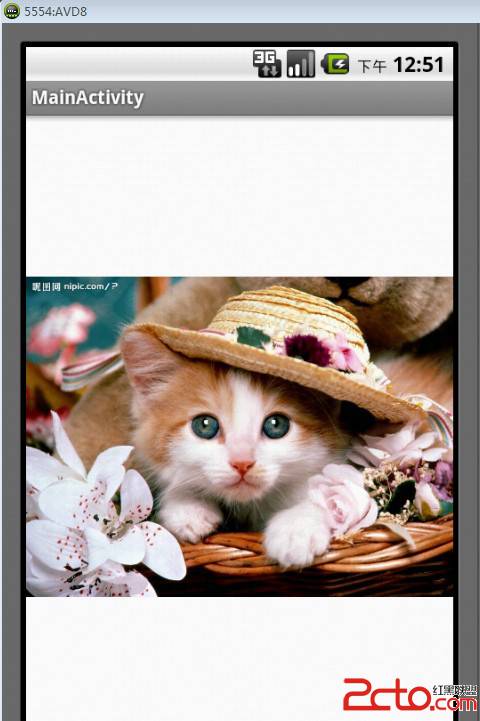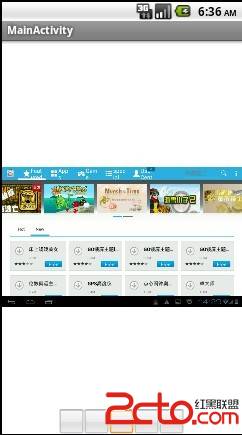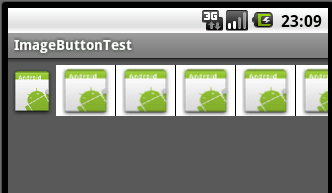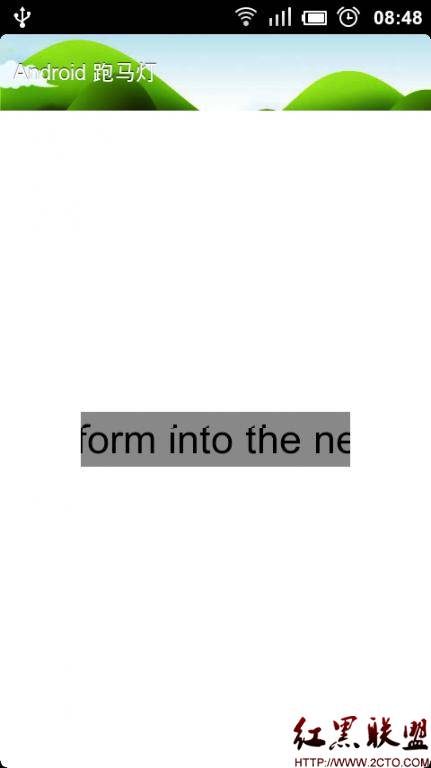Android Training - 支持不同的语言
把UI中的字符串从代码中提取到一个外部文件中是一个好的习惯。Android为每个项目提供一个专门的资源文件夹来实现。
如果你使用SDK工具来创建的项目,那么这个工具会在项目的根目录创建一个res/文件夹,这个文件夹中的子文件夹表示不同的资源类型。这里也有一些默认的文件,比如res/values/strings.xml,它定义了你的字符串的值。
创建区域文件夹和字符串文件
为了支持多国语言,你需要在/res中添加values加一个连字符号和一个ISO国家代码命名的文件夹。比如,values-es/包含了的资源是为语言代码为'es'的国家提供的。android根据设备中本地化设置中的语言设置对应的加载适合的资源。
一旦你决定支持某个语言,那么创建相应的子目录和字符串文件,例如:
MyProject/
res/
values/
strings.xml
values-es/
strings.xml
values-fr/
strings.xml
在适当的文件中添加字符串的值。
在运行的时候,android系统根据用户设备中设置的当前区域使用对应的字符串资源。
例如,下面是一些不同的字符串资源,对应不同的语言。
英语(默认区域),/values/strings.xml:
[html]
<?xml version="1.0" encoding="utf-8"?>
<resources>
<string name="title">My Application</string>
<string name="hello_world">Hello World!</string>
</resources>
西班牙语,/values-es/strings.xml:
[html
<?xml version="1.0" encoding="utf-8"?>
<resources>
<string name="title">Mi Aplicación</string>
<string name="hello_world">Hola Mundo!</string>
</resources>
法语,/values-fr/strings.xml:
[html]
<?xml version="1.0" encoding="utf-8"?>
<resources>
<string name="title">Mon Application</string>
<string name="hello_world">Bonjour le monde !</string>
</resources>
提示:你可以在任何资源类型上使用区域限定符,比如你可以为不同的区域提供不同的图片,想了解更多,请看Localization.
使用字符串资源
你可以在源代码和其他XML文件中通过资源名称引用这些资源,这个名称是通过<string>元素的name属性定义的。
在代码中,你可以参考类似R.string.<string_name>这样的语法调用,下面的函数中就是通过这个方法去调用一个字符串资源的。
例如:
[java]
// 从程序资源中获取字符串
String hello = getResources().getString(R.string.hello_world);
// 为需要字符串的方法提供字符串资源
TextView textView = new TextView(this);
textView.setText(R.string.hello_world);
在XML文件中,你可以使用@string/<string_name>这样的语法接收一个字符串资源。例如:
[html] www.zzzyk.com
<TextView
android:layout_width="wrap_content"
android:layout_height="wrap_content"
android:text="@string/hello_world" />
作者:lixiang0522
补充:移动开发 , Android ,